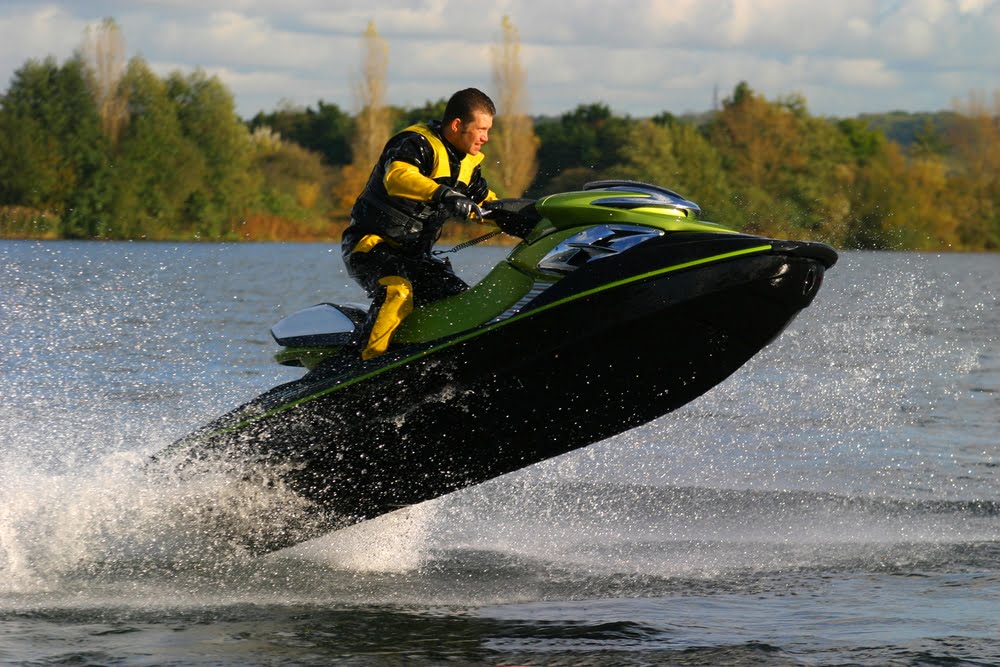In part one of this two-part blog series, we went over some of the basics on watercraft accidents and how injury liability is often assigned in such cases. While many boating and other watercraft accidents are similar to car accidents in some ways, there are also several circumstances that are a bit different as you look to determine fault and see if you have a case for damages.
At the offices of William Rawlings & Associates, our personal injury attorneys cover a huge range of potential case types, from auto accident injuries to numerous others, including boating incidents. In today’s part two, we’ll go over a few additional circumstances for boating accidents or injuries and how liability will be assigned based on them.

In some cases, particularly if there are hazardous conditions like fog or otherwise poor visibility, boating accidents may take place when the craft hits a submerged rock, a coastline or some other object in the water that could not be seen. In such situations, liability will come down to specific circumstances.
For instance, was the boat operator aware of the conditions and operating appropriately, such as slowing down and using nautical charts? If so, they will likely avoid liability – but if not, and if they were operating the craft improperly based on obviously hazardous conditions around them, they could be held liable for injuries and damage.
In cases where injury occurs to boat occupants as the result of a lack of proper safety equipment, such as lifejackets, vests and floatation devices, liability is usually pretty straightforward: The operator of the craft is responsible. This person is in charge of ensuring such safety equipment is present for all boat occupants before leaving land.
One area of boating accidents that’s extremely similar to car accidents and other vehicles is impairment. It is illegal in all 50 US states to operate watercraft while under the influence of alcohol or drugs; an operator who is found to be under such influence while causing an accident or injury of any kind will almost certainly be held liable in personal injury suits, plus could be charged criminally for DUI or a similar count.
Finally, there are some cases where operator error is not involved at all in a watercraft accident or injury situation. Many boats are rented for temporary use – commercial businesses who offer such rentals are responsible for proper maintenance and ensuring watercraft they rent out are safe to operate. If an accident or injury occurs as a result of a failure to perform these duties, such businesses or individuals may be liable. Similar realities are at play within product manufacturers for new watercraft.
For more on how watercraft accidents work in terms of liability and personal injury, or to learn about any of our auto accident injury or other personal injury lawyer services, speak to the staff at the offices of William Rawlings & Associates today.